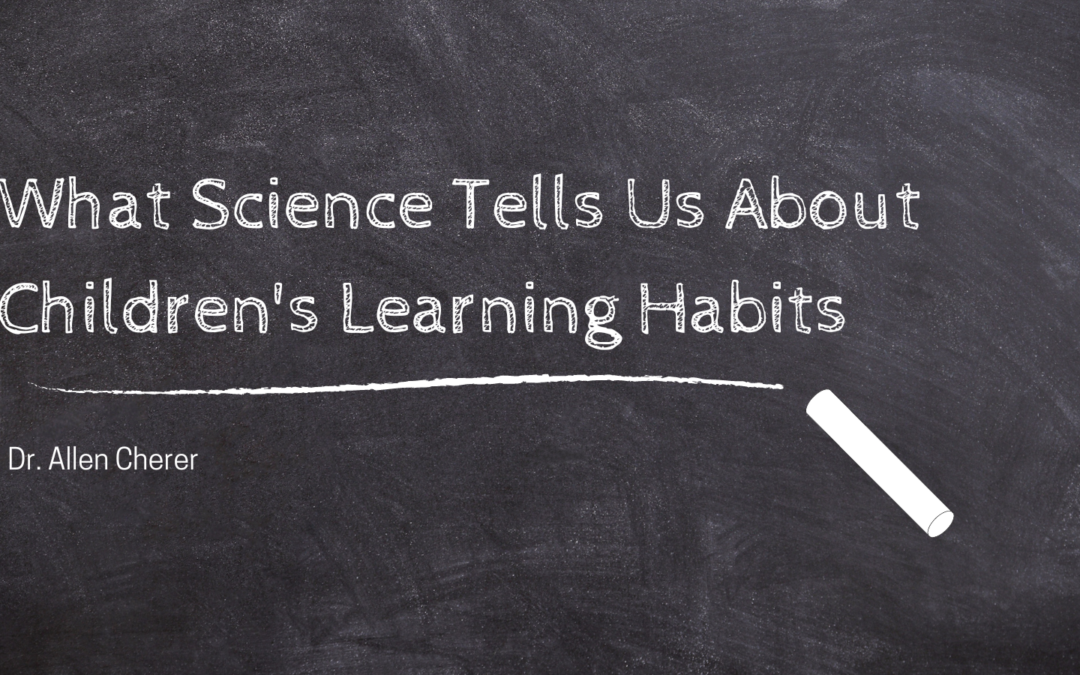Understanding the learning habits of children is critical for educators and parents alike. As modern science continually refines our understanding of learning mechanisms, we gain valuable insights into how children acquire knowledge and skills and how best to facilitate their educational development.
The Neurological Basis of Learning
A child’s brain is a marvel of nature, incredibly complex and perpetually evolving. Research has shown that the brain demonstrates extraordinary plasticity during the early stages of life. Neuroplasticity refers to the brain’s capacity to change and adapt due to experience. This flexibility allows children to learn rapidly and efficiently, laying the foundation for all future learning and behavior.
Dr. Patricia K. Kuhl, a leading expert in early childhood learning, emphasizes the importance of the ‘critical periods’ in children’s cognitive development. These are specific timeframes during which the brain is extraordinarily receptive to learning particular skills, such as language or music. For example, the ability to acquire a second language decreases after age seven, underlining the importance of early exposure.
The Role of Play
A common perception is that learning is serious business, particularly for young minds. However, scientists tell us that play is a fundamental part of children’s learning process. It’s not just fun and games – it provides a safe environment for children to experiment, take risks, and learn from their mistakes.
Through play, children can develop cognitive, socio-emotional, and physical skills. Children who engage in more exploratory, free play display better self-control and higher levels of creativity.
The Power of Questions
Children’s insatiable curiosity is a potent engine for learning. They always ask, “Why?” and “How?”. This habit of questioning, science tells us, is not merely a reflection of curiosity but a fundamental learning strategy. It promotes active learning, critical thinking, and comprehension.
Professor Paul Harris from Harvard University suggests encouraging questions can significantly enhance learning. Harris’s research indicates that children who ask questions learn more efficiently and retain information longer.
The Significance of Sleep
Sleep, often overlooked, is a critical element of children’s learning habits. Multiple studies have confirmed that sleep directly affects learning and memory. During sleep, especially the REM phase, our brain processes and consolidates the information acquired during the day. Children, who are learning at an unparalleled rate, require more sleep than adults. Children with a good night’s sleep perform better in memory tasks, proving that adequate sleep is essential for optimal learning.
The Effect of Social Interaction
Learning, contrary to some misconceptions, is not an isolated activity. Social interactions play a significant role in children’s learning habits. The back-and-forth exchanges with parents, teachers, and peers bolster language acquisition and enhance cognitive development.
Research by Professor Kathy Hirsh-Pasek at Temple University demonstrates that children learn best in an interactive and engaging environment. Such environments foster mutual exchange and cooperation, enhancing children’s understanding and absorption of new knowledge.
Science provides us with valuable insights into children’s learning habits. From the neurological foundation to the role of play, the power of questions, the significance of sleep, and the effect of social interaction, we now understand how multifaceted and complex children’s learning processes are. Equipped with this knowledge, educators and parents can facilitate optimal learning environments for children, supporting their cognitive development and setting them on a path to lifelong learning. The challenge and the opportunity lie in leveraging these scientific insights to shape education systems and parenting techniques that align with our evolving understanding of how children learn.

